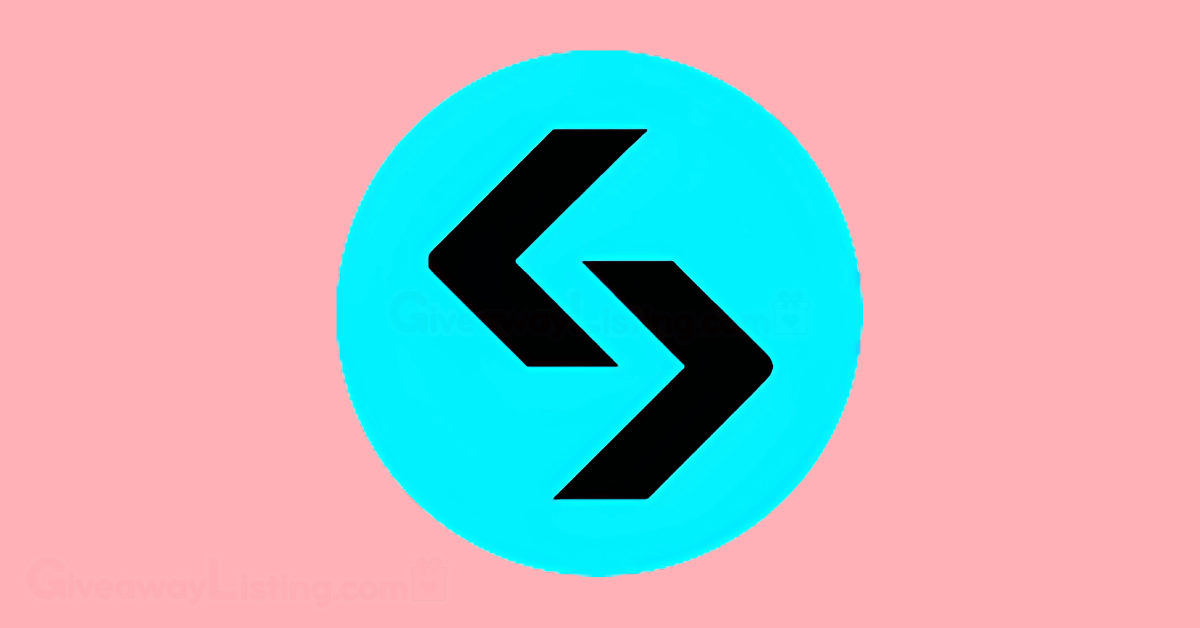What is Bitget Token? BGB Explained – March 2026
Bitget Token, or BGB, is the official cryptocurrency of the Bitget trading platform. It functions as a utility token, meaning its primary role is to provide specific benefits and advantages to users of the Bitget exchange and its associated services, such as the Bitget Wallet.
BGB is designed to be an integral part of the Bitget ecosystem. It is used by the platform’s community of over 100 million users to access a variety of perks, including lower trading fees and participation in special events. By holding and using BGB, traders and investors can make their activities on the platform more cost-effective and gain access to exclusive opportunities. The token bridges the gap between Bitget’s centralized exchange and its decentralized offerings, creating a more cohesive user experience.
Why is Bitget Token Unique? BGB Features
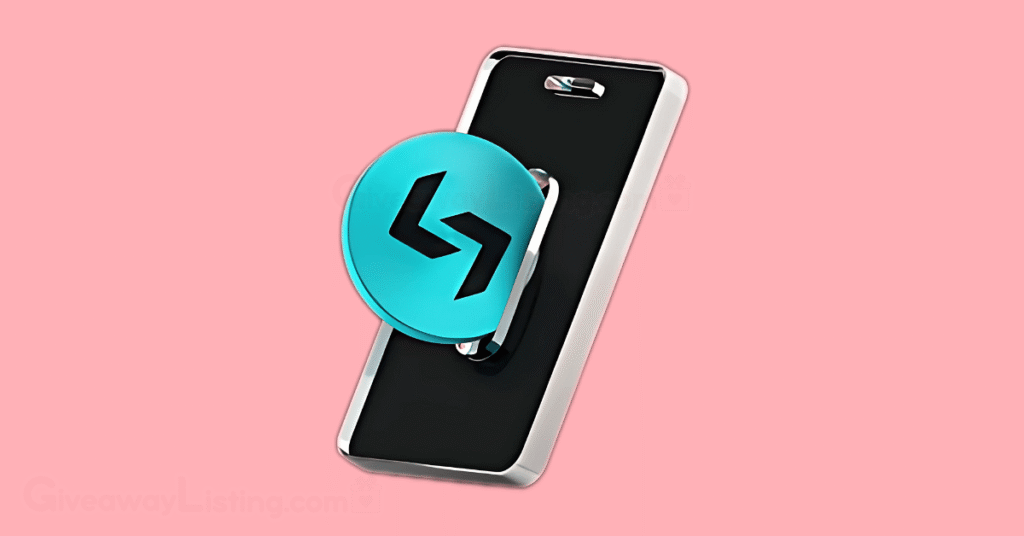
The BGB token is more than just a simple exchange currency; it’s packed with a variety of features that provide tangible value to its holders. These benefits are built directly into the Bitget platform, encouraging active participation within its ecosystem.
One of the most direct benefits for traders is the reduction in transaction costs. Users who choose to pay their spot trading fees with BGB receive a 20% discount. For active traders, these savings can add up substantially over time. Beyond fee reduction, BGB serves as a ticket to early investment opportunities. Holders can use their tokens on the Bitget Launchpad to buy into new, carefully selected projects before they are widely available. Similarly, the Launchpool feature allows users to stake BGB and receive new tokens for free, often with high annual percentage yields.
BGB also introduces ways to generate passive income. Through the BGB Earn program, holders can stake their tokens to receive interest, with some programs offering attractive returns. For those involved in Bitget’s popular copy trading service, holding BGB can increase their earnings, as skilled traders can receive a commission of up to 10% from their followers’ profits.
A key aspect of BGB’s design is its deflationary model. Bitget is committed to a buyback-and-burn program, where it uses a portion of its profits to buy BGB from the market and permanently remove it from circulation. A massive 800 million BGB token burn reduced the total supply by 40%. The goal is to gradually decrease the total supply to 100 million tokens, aiming to increase the scarcity and potential value of the remaining tokens. This combination of fee discounts, early project access, income generation, and a deflationary supply model makes BGB a multi-faceted utility token.
Bitget Token History, Facts & Statistics
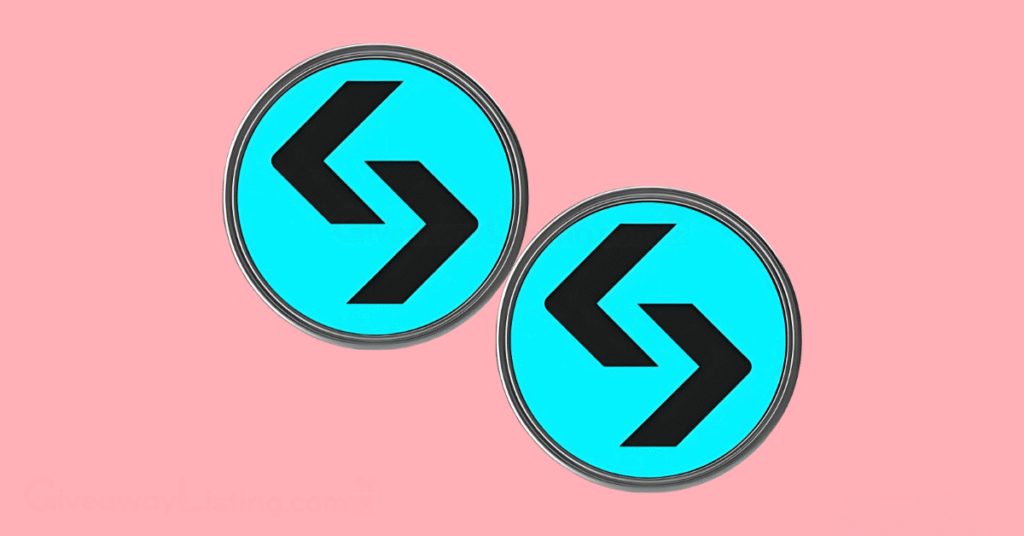
The story of BGB began on July 26, 2021, when it was launched by the Bitget development team, an exchange founded in 2018. The primary objective was to develop an asset that would benefit users and support the platform’s growth. It originated as an upgrade to the previous token, BFT, and has since expanded in its role and capabilities.
A key moment in its timeline was the merger with the Bitget Wallet Token (BWB) in late 2024. This move combined the tokens for Bitget’s exchange and its decentralized wallet, making BGB the single, unified asset for the entire ecosystem.
This consolidation streamlined its function and broadened its application, enabling it to be used for tasks such as on-chain gas fees in the Bitget Wallet. The team behind it has also been aggressive with its supply management, notably burning a massive chunk of tokens to reduce the total amount in circulation.
Bitget Token Key Facts & Statistics
- BGB is an ERC-20 token, originally built on the Ethereum blockchain, making it compatible with a wide array of wallets and decentralized apps.
- The initial supply was capped at 2 billion tokens.
- A massive burn of 800 million BGB tokens took place in January 2025, which instantly cut the total supply by 40% down to 1.2 billion.
- Bitget has a quarterly buyback-and-burn program, utilizing 20% of its profits to permanently remove BGB from circulation.
- The long-term plan is to reduce the total supply to just 100 million BGB.
- BGB hit an all-time high of around $8.50 in December 2024, just before the major token burn.
- Its all-time low was recorded at approximately $0.01428.
- Holding BGB gives users a 20% discount on spot trading fees on the Bitget exchange.
- The Bitget platform has attracted a massive user base, with some reports pointing to over 100 million registered users worldwide.
- The token is not just for discounts; it’s used for early access to new projects on Bitget’s Launchpad and for earning rewards through its Launchpool and PoolX programs.
- A significant portion of BGB, around 72%, is held in only 10 wallets.
- Beyond the exchange, BGB is being positioned for real-world use through integrations like Bitget Pay and Bitget Card.
As an asset tied to a crypto exchange, BGB is volatile and susceptible to fluctuations in value and uncertainties.
BGB Price Predictions. Is Bitget Token Going to Crash or Moon in 2026?
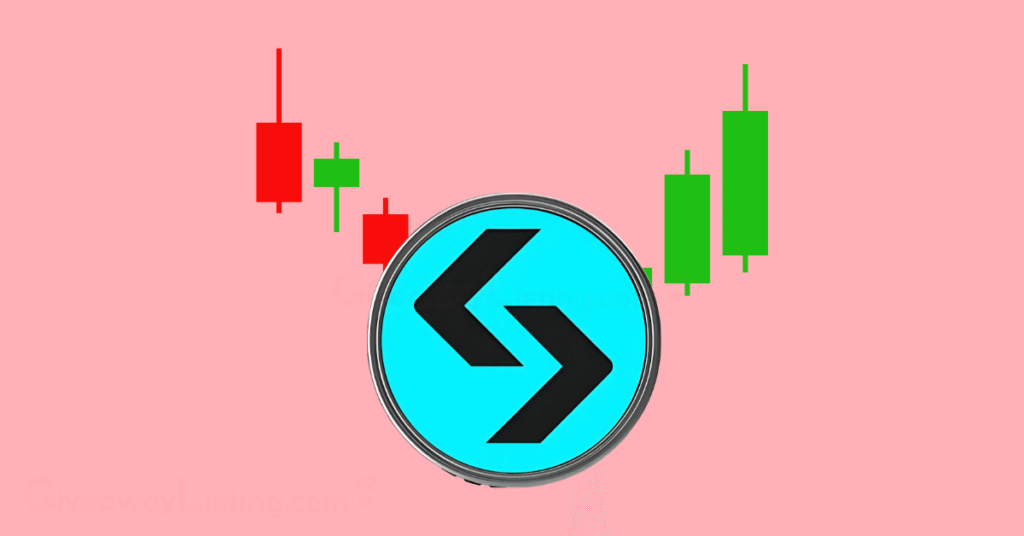
The Bitget token has set impressive records over the years. It reached an all-time high of approximately $8.50 in December 2024. On the flip side, it has also traded at an all-time low of just over a cent, at $0.01428. This wide range highlights the inherent volatility in exchange tokens and the broader cryptocurrency market. For anyone considering BGB, understanding this history of peaks and valleys is crucial.
In 2026, expert opinions on BGB’s price vary significantly. Some market watchers are quite optimistic, pointing to the platform’s strong growth and the token’s deflationary mechanics. Predictions in this camp see BGB potentially breaking past $10 and even reaching as high as $16. This bullish view is often tied to the success of Bitget’s token burn program and its plans to expand BGB’s use cases into everyday payments. For a more detailed analysis, you can check out this Bitget Token price prediction, which covers various price targets and trading scenarios.
On the more cautious side, other analysts are setting lower targets for 2026, with some predicting a price range between $5 and $9. These forecasts take into account the stiff competition from other exchange tokens and the unpredictable nature of crypto regulations. The wide divergence in predictions indicates that, while there’s considerable excitement surrounding BGB, significant uncertainties also need to be considered.
Several factors could send BGB’s value climbing, including:
- The success of the Bitget exchange itself: As more users join the platform and trading volumes increase, the demand for BGB to cover fees and access special features naturally rises.
- The token’s burn schedule: By systematically reducing the supply, the remaining tokens become scarcer, which can push the price higher.
- New features, such as integration with Bitget Pay and high-profile partnerships, also enhance the token’s appeal and could attract more buyers.
Conversely, there are real risks that could pull the price down. Because BGB’s value is closely linked to the Bitget exchange, any negative event, such as a security breach or regulatory trouble, could have a direct, negative impact on the token. The high concentration of BGB in a small number of wallets is another concern, as a decision by one of these large holders to sell could flood the market and cause the price to drop.
Finally, a general downturn in the crypto market, often referred to as a “crypto winter,” would likely drag BGB down along with everything else, regardless of the platform’s individual performance.
Bitget Token Risks, Scams, and Hacks

Like all crypto assets, BGB is subject to market volatility. Its price can swing based on market sentiment, trading volume, and broader economic factors. For instance, after reaching a high of nearly $9, BGB’s price corrected to around $4.5 in the first half of 2025.
Another point to consider is the concentration of token holders. Data shows that nearly 72% of the BGB supply is held in just 10 wallets. This concentration means that if a large holder decides to sell a significant portion of their assets, it could have a substantial impact on the token’s price.
Regarding scams, BGB holders should always be vigilant for common crypto fraud tactics. These can include phishing schemes, where fake websites or emails that appear to be official Bitget communications are used to steal login credentials or private keys.
Other tactics involve fake giveaways or airdrops on social media that require an upfront fee or ask you to connect your wallet to a malicious site. There are also more complex smart contract scams, like honeypot tokens that you can buy but cannot sell, or projects that perform a “rug pull” by draining all the liquidity from a trading pool.
How to Avoid Bitget Token Risks, Scams, and Hacks?
Here are some things to look out for to avoid common pitfalls:
- Be wary of unsolicited offers: If someone messages you out of the blue with a “guaranteed profit” opportunity or an exclusive deal, it’s almost certainly a scam. Legitimate organizations rarely reach out with such offers.
- Check the source: Before clicking any links, double-check the URL. Scammers often use domains that are very similar to the official ones, with minor misspellings. Bitget has an official verification channel on its website where you can check if an email, website, or social media account is legitimate.
- Question any sense of urgency: Scammers often pressure you to act fast, claiming an offer is for a limited time. This is a tactic to prevent you from thinking critically and doing your own research.
- Never share your credentials: No one from Bitget or any legitimate platform will ever ask for your password, 2FA codes, or wallet’s private keys. Keep this information to yourself.
How to Secure Your BGB?
Taking proactive steps to secure your assets is critical. While no method is completely foolproof, implementing multiple layers of security can greatly reduce your risk. Here are some measures you can take to protect your BGB:
- Activate Two-Factor Authentication (2FA): Use an authenticator app like Google Authenticator for both logins and withdrawals. This adds a crucial security layer beyond just your password.
- Set Up an Anti-Phishing Code: In your Bitget account settings, you can create a unique anti-phishing code. This code will appear in all official emails from Bitget, helping you instantly identify fake messages.
- Bookmark the Official Website: To avoid landing on phishing sites, bookmark the official Bitget URL and only access the platform through that link or the official mobile app.
- Use a Hardware Wallet: For long-term storage, transfer your BGB to a hardware wallet (cold storage). This keeps your private keys offline and out of reach of online hackers.
- Manage Your Devices: Regularly review the list of devices authorized to access your account through the “Device Management” section in your Bitget profile and remove any you don’t recognize.
Always rely on official Bitget channels for news and announcements. Avoid connecting your wallet to unfamiliar platforms or smart contracts, as this is one of the most common ways assets are compromised. Staying informed and cautious is your best defense.
Latest News on Bitget Token
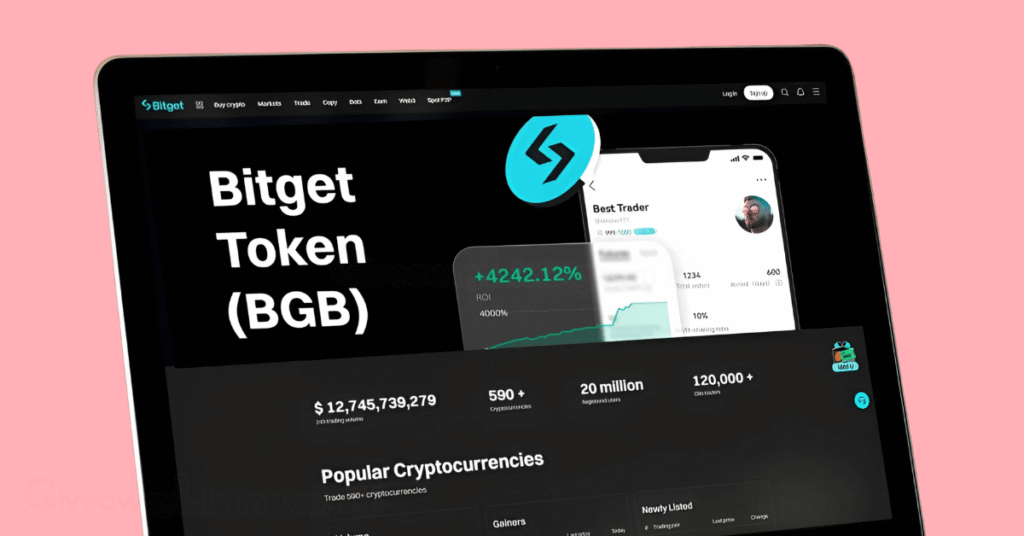
Since its launch in July 2021, the Bitget Token has moved beyond being a simple utility token for fee discounts. The platform is actively working to position BGB as a key asset within both the Bitget centralized exchange and the broader decentralized finance world.
A major part of this strategy includes a strategic partnership with Morph Chain, a Layer 2 network focused on consumer finance, where BGB will function as the native gas and governance token. This move is part of a larger plan to connect BGB with real-world payment applications and deepen its on-chain use cases.
For anyone looking for the latest Bitget Token news, there are several key developments.
- Ongoing Quarterly Burns: The burn program is tied directly to platform usage. In the first half of 2025 alone, Bitget permanently removed over 60 million BGB tokens from circulation. The Q2 2025 burn was valued at over $138 million. The long-term goal is to reduce the total supply to just 100 million BGB.
- Expansion into PayFi: Plans are in place to integrate BGB with Bitget Pay and Bitget Card. This would enable holders to use their tokens for everyday expenses, such as shopping, dining, and travel.
- Strong Platform Growth: The utility of BGB is supported by the growth of the Bitget platform itself. In the first half of 2025, Bitget’s user base grew to over 120 million users globally, with a daily trading volume consistently exceeding $20 billion.
- Futures Trading: BGB perpetual futures were launched, giving traders a way to speculate on the token’s price and hedge their positions without holding the actual asset.
To stay current with official updates, follow these verified social media channels:
How to Get Started with Bitget Token?
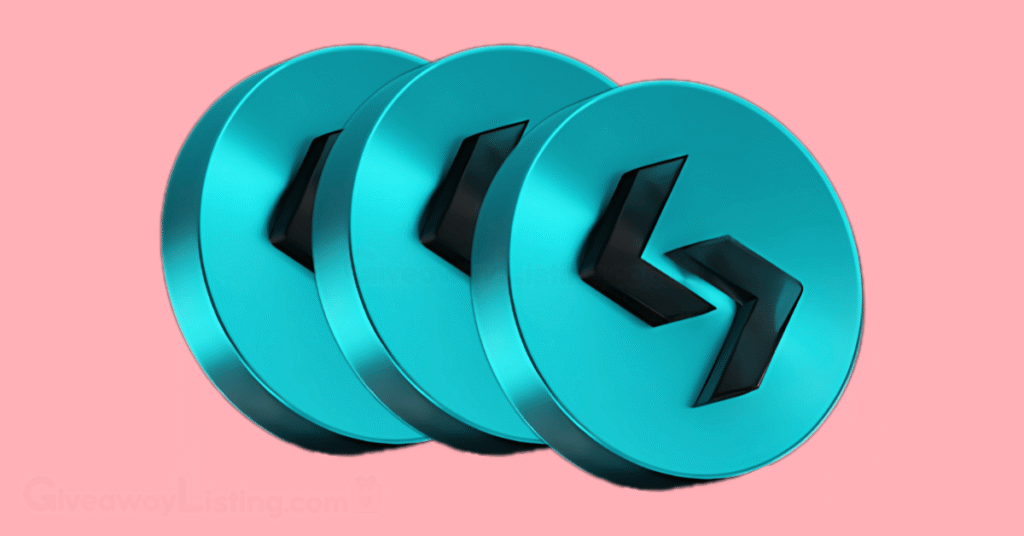
Getting started with the Bitget Token is a direct process, designed to be accessible for people at all levels of crypto experience.
Here is a simple breakdown of how to get your hands on BGB and put it to work:
- Set Up an Account: The first step is to create an account on a cryptocurrency exchange that lists BGB. The most common choice is the Bitget exchange itself. The sign-up process typically requires an email address and a secure password. You will also need to complete identity verification (KYC) to access all platform features.
- Add Funds to Your Account: Once your account is verified, you can deposit funds. You can do this through various methods, including bank transfers, credit/debit cards, or by transferring other cryptocurrencies like USDT, BTC, or ETH from an external wallet.
- Acquire BGB: With funds in your account, head to the spot trading market. Search for a BGB trading pair, such as BGB/USDT. You can then place an order to buy the amount of BGB you want at the current market price or set a specific price you are willing to pay.
- Store Your Tokens: After buying BGB, you have two main options for storage. For active use, like paying for trading fees or participating in Launchpad events, you can keep your tokens on the Bitget exchange. For long-term holding, you can transfer your BGB to a personal, non-custodial wallet that supports ERC-20 tokens, such as MetaMask, Trust Wallet, or a hardware wallet like Ledger, for maximum security.
- Earn More BGB: While BGB cannot be “mined” like Bitcoin, you can increase your holdings through platform activities. Bitget has programs sometimes called “Trading Mining” or “Trade to Earn,” which reward active users with BGB based on their trading volume. Another popular method is staking your BGB in programs like BGB Earn or participating in the Launchpool to receive new tokens as rewards.
This information is current as of March 2026.
What is Bitget Token FAQs
Here are answers to some frequently asked questions about the Bitget Token:
How Much is the Bitget Token Worth Today?
The Bitget Token (BGB) is trading at approximately $1.05, commanding a market capitalization of $1.46 billion. This valuation is a noticeable pullback from its all-time high of nearly $8.50, which was recorded in December 2024. The token’s price is directly influenced by the Bitget exchange’s activity and user growth.
Can We Withdraw Money From Bitget?
Yes, withdrawing money from Bitget is a standard procedure with several options available. You can sell BGB for stablecoins like USDT and then use the P2P trading platform to convert it to cash. The P2P market supports over 100 payment methods, including bank transfers and e-wallets, ensuring a flexible and quick process, typically within 24 hours.
What Are the Risks of Using Bitget?
Primary risks include the crypto market’s inherent volatility and an uncertain global regulatory landscape. A specific risk to BGB is its highly concentrated ownership, as nearly 72% of the supply is held within just 10 wallets. This centralization could lead to price manipulation, alongside the ever-present danger of phishing attempts and other online scams.
Which Countries Cannot Use Bitget?
Bitget’s services are restricted in several major countries due to regulatory compliance requirements. The most notable prohibited nations include the United States, the United Kingdom, and Canada. While the exchange is available in over 150 countries, users from these and other sanctioned regions are unable to open or use accounts on the platform.

